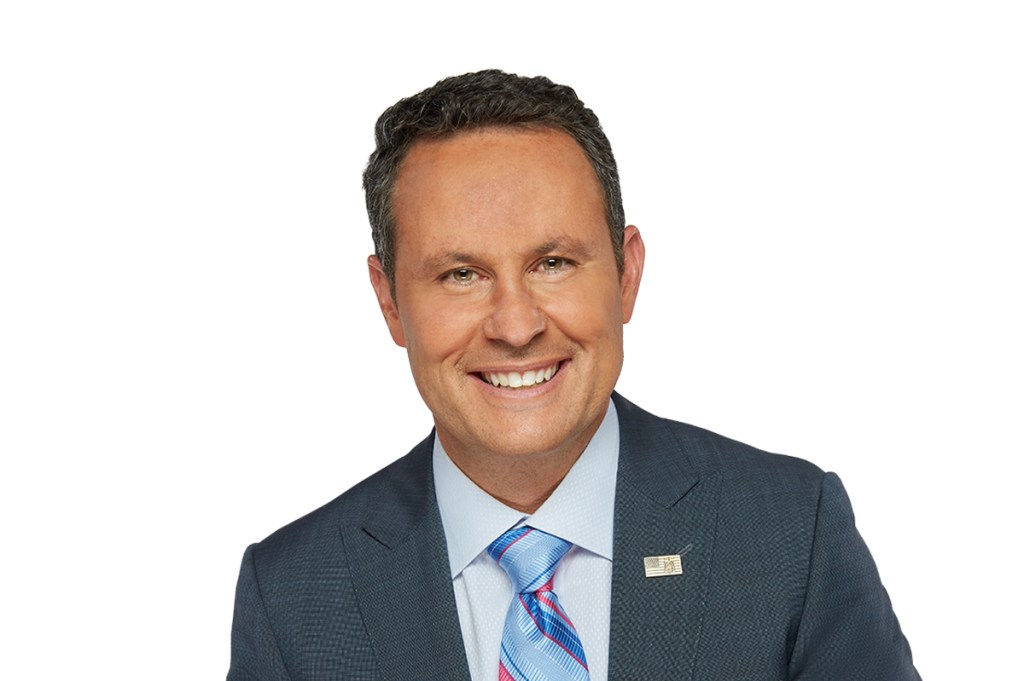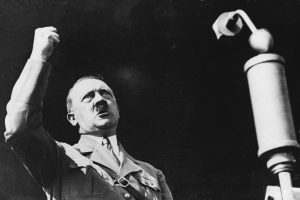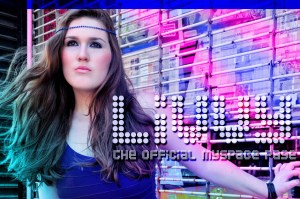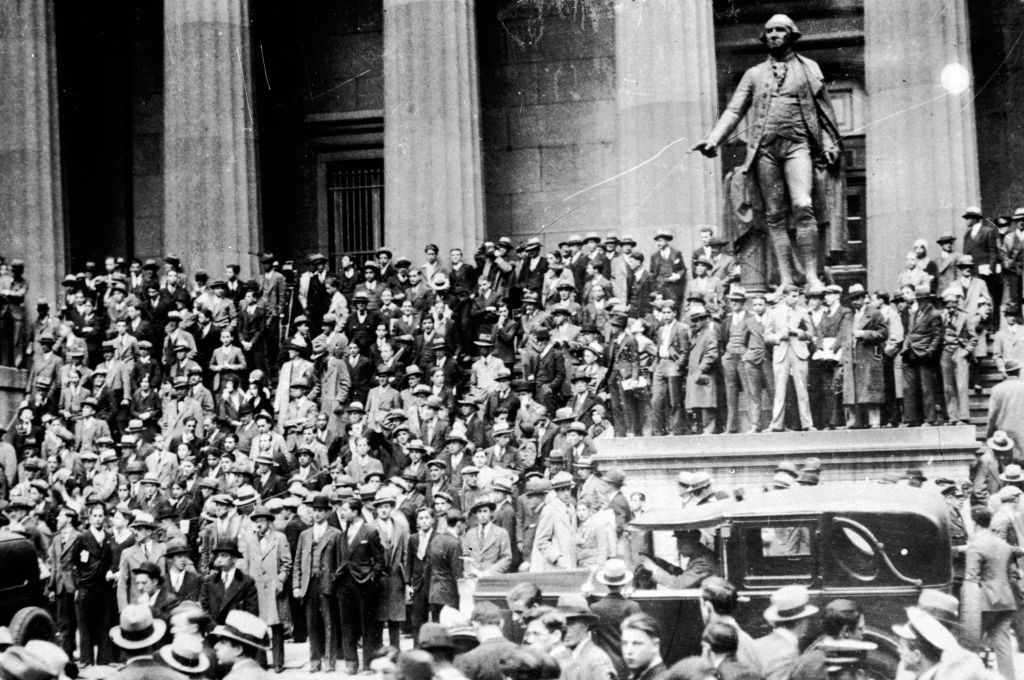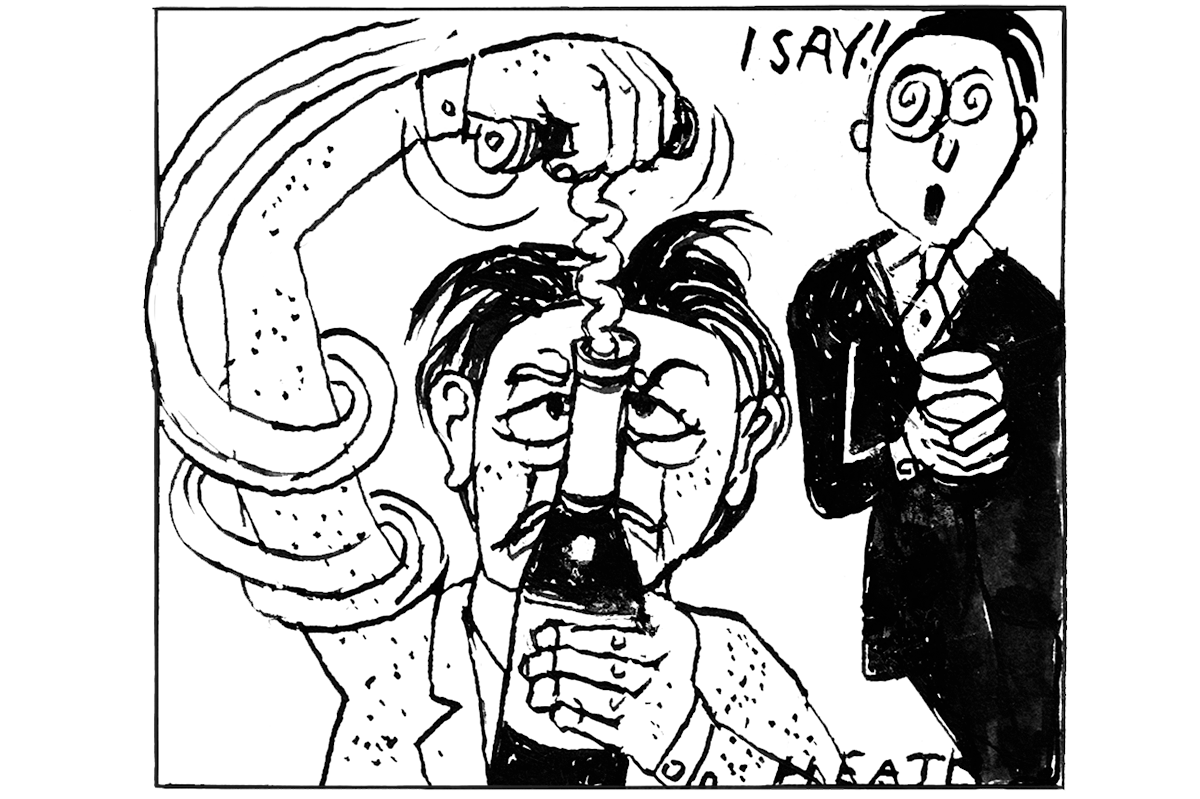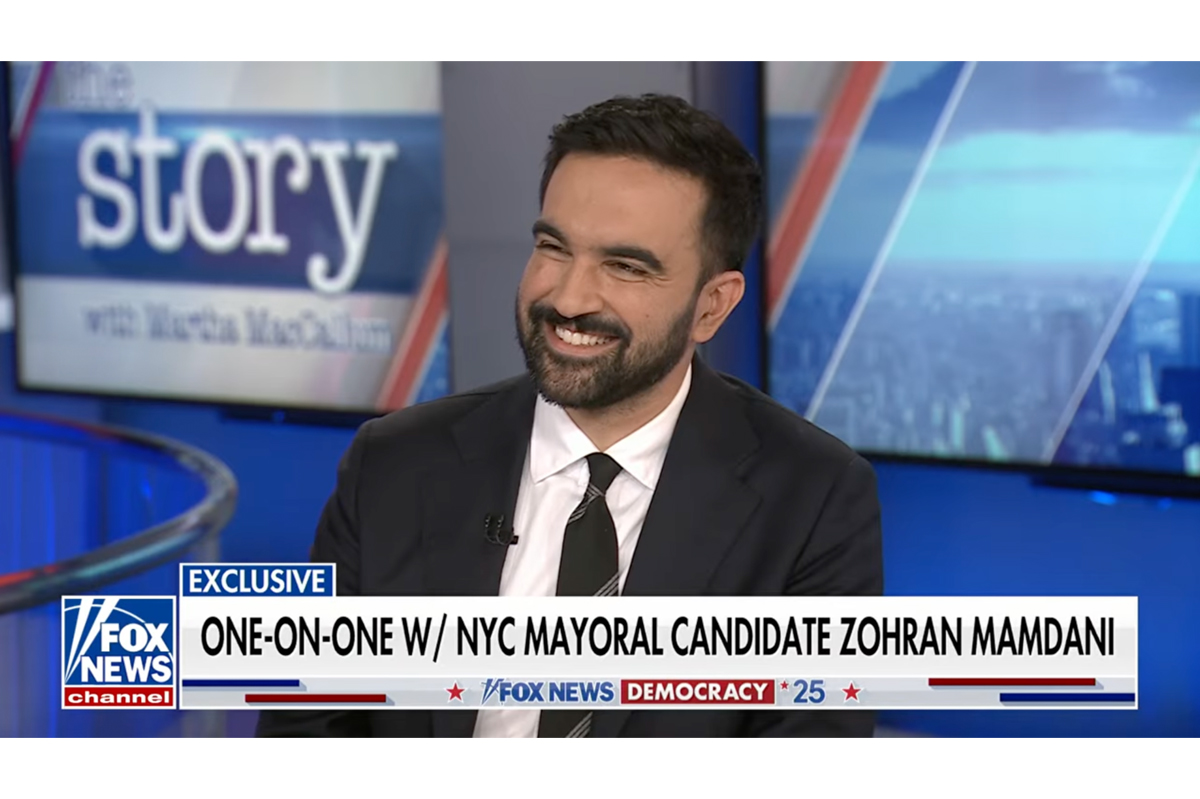New York City
Fox News is 25 years old this week, and it feels great. I’ve had nine different jobs. I’ve watched the place expand from this small little studio, jammed in with three cameras and a tape library running archive footage, and now we’ve got countless floors, and networks from Fox Business to Fox News to Fox Nation to Fox Radio. I look back at it, and it doesn’t even feel like the same place.
I started filling in as a sports reporters and anchor in ’96, and got a contract in ’97. It became clear pretty fast that Fox’s mandate would be news. I had a news background: I had a political science degree, and did news when I started out, at a small station out in Ontario, so little by little I was able to transition into doing news.
I usually get up at 2:20 a.m. I’m out the door by 2:45. I have an hour ride, and then my busiest time is really between 3 a.m. and 6. All the time, there’s news breaking, you’re adding things, you’ll do interviews. By the time 12 comes, I’ve already done three hours of TV and three hours of radio.
Everybody in the world knows what Fox News is, so people want to come on. I’m asking questions to men and women who are newsmakers, and I’m able to accumulate knowledge and contacts from the interviews. So I’m able to stay with the storylines and in many cases weave them together.
Media has changed in the last 25 years. It doesn’t stop. If you can see it online and you can license it, you can put it on TV. You don’t have to worry, ‘Do I have Evander Holyfield’s fight with Mike Tyson?’ It’s there, everything at your fingertips.
The biggest thing for us is social media. You do it, you post it. You’re doing stuff for streaming networks and social media, so fox.com matters as much as Fox News. Our digital network has its own unit and they break their own stories. It’s a whole new dynamic.
Everyone’s more engaged. That’s going to help in the long run. In the beginning, I’d tell friends what I did, and they didn’t know the fundamentals of the major stories. Now, I have people telling me things, and they’re almost as engaged as I am. I always tell them: ‘You’ve got to ask yourself where you got that from. Just because you saw that on Facebook, it doesn’t mean it’s true.’ People are so passionate about what’s going on, but I’m telling them, ‘Check your sources!’
Writers often talk about having an ideal reader in mind. When I’m on the sofa with Fox & Friends, I hope the viewers are watching. I don’t necessarily assume I have someone glued to my shows. I know they’re doing a million things. Especially in the morning: people are getting dressed, they’re starting the car, they’re running back and forth, they only have 6:00 to 6:20, or 7:00 to 7:20. I’m thinking when I do the ‘teases’ that if I don’t get to the point right away, they’re going to flip the channel. I’m trying to keep their interest. I always remember they have a million things going on in their lives, and I’m trying to get their head to turn.
I write history books as well. Each one takes two years. It started with George Washington’s Secret Six, but that took me 20 years. I’d been looking at the story of George Washington’s spy ring since 1988. I couldn’t believe it happened in my neighborhood on Long Island. When Bill O’Reilly started writing his books, I told him and he goes, ‘I never heard about it either.’
I try to find parts of American history that need more attention. Rather than do what Jon Meacham, David McCullough and Ron Chernow do, which is have a huge staff, go for 15 years and produce these incredible works, I thought, ‘What if I could just tell a portion of that story? Why don’t you choose where you want to do your thesis?’
That’s why I don’t do Thomas Jefferson’s whole biography: I do Jefferson and the Tripoli pirates. I can’t do Lincoln and Frederick Douglass — other people have already done awesome jobs at that — but what if I told you about their roles in the most difficult time in American history, and how they came together to make us a more perfect union? And that’s what I’m doing with The President and the Freedom Fighter.
I can tell a story and bring some new elements to it. It’s similar in a way to what I do in my TV work: gathering the details and the facts, explaining it as a story. I’ve started doing it on stage. I’ll talk about history in a conversational way, I’ll bring some video in, and I’m shocked by how similar it is to my mentality when I deliver the news. It’s the same audience too: they’re patriotic, they’re discerning, they have questions and they’re curious.
This article will be published in The Spectator’s November 2021 World edition.



